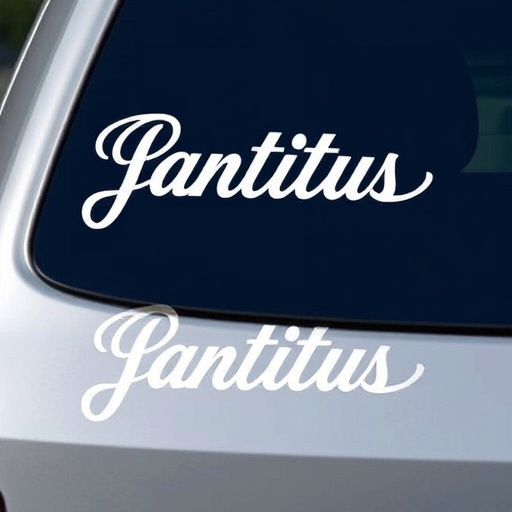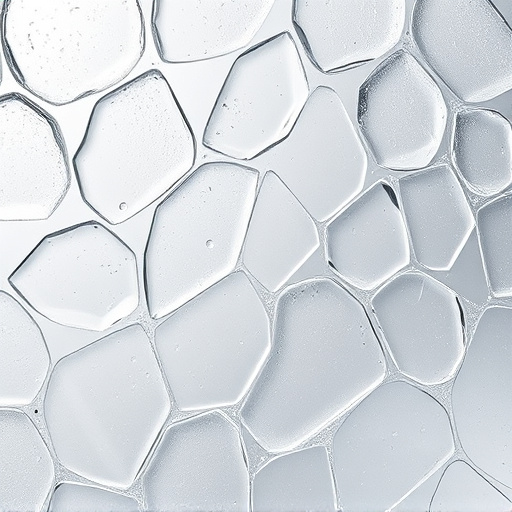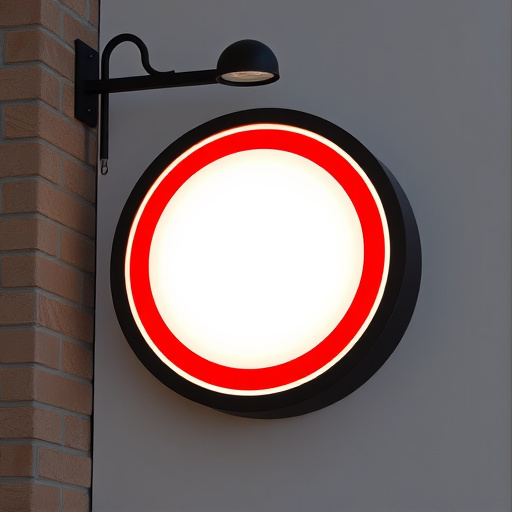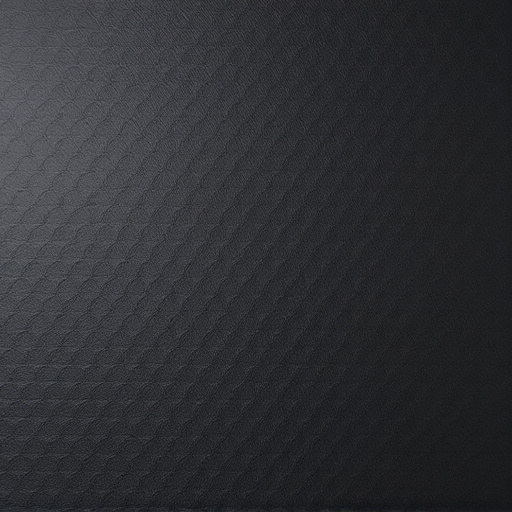Residential window tinting is a powerful solution for creating energy-efficient homes by significantly reducing heat transfer through windows, maintaining comfortable indoor temperatures year-round. It offers scratch protection for cars, customization options, and blocks harmful UV rays, protecting furniture and artwork from fading. Advanced film options like metalized films, ceramic coatings, and dynamic tints enhance insulation, reduce energy bills, and combine functionality with style for improved comfort.
Looking to boost your home’s energy efficiency? Consider residential window tinting. This cost-effective solution offers more than just style. By understanding window insulation and its benefits, you’ll discover how residential window tinting can significantly improve comfort and lower utility bills. Explore the various types of tinting films available and learn how they act as a barrier against heat transfer, creating an insulated haven within your home.
- Understanding Window Insulation and its Benefits
- The Role of Residential Window Tinting in Enhancing Insulation
- Types of Window Tinting Films and Their Efficiency in Isolating Your Home
Understanding Window Insulation and its Benefits

Window insulation is a vital aspect of energy-efficient home design, offering numerous advantages for both comfort and cost savings. By understanding how it works, homeowners can make informed decisions about improving their living spaces. Insulation essentially creates a barrier between the interior and exterior environments, preventing heat transfer through windows. This process helps maintain a comfortable indoor temperature during all seasons, reducing reliance on heating and cooling systems.
Residential window tinting is an effective strategy to enhance insulation. It involves applying protective coatings to glass surfaces, which can significantly reduce heat gain in the summer and heat loss in winter. These coatings act as a barrier, reflecting sunlight and keeping excessive heat out while still allowing natural light to enter. Beyond its insulating properties, residential window tinting provides scratch protection for automotive detailing enthusiasts, adding another layer of benefit to an already energy-efficient solution.
The Role of Residential Window Tinting in Enhancing Insulation

Residential window tinting is a game-changer when it comes to enhancing insulation in homes. By applying protective coatings to windows, residents can significantly reduce heat transfer, keeping their houses warmer during winters and cooler in summers. These protective coatings, often in the form of paint protection film, create an extra barrier that prevents excessive heat from entering through the glass, thereby lowering energy consumption for heating and cooling.
In addition to its insulating properties, residential window tinting offers a range of customization options with custom graphics. Not only does this add an aesthetic appeal to homes, but it also allows homeowners to control the amount of light entering their spaces. By blocking out harmful UV rays, these tinted windows protect furniture, floors, and artwork from fading, ensuring their longevity. This multi-faceted approach makes residential window tinting a smart investment for any homeowner looking to improve energy efficiency and enhance their living space’s comfort and style.
Types of Window Tinting Films and Their Efficiency in Isolating Your Home

Residential window tinting offers a range of options for improving your home’s insulation and energy efficiency. Different types of window tinting films are designed to address specific needs, from blocking heat and UV rays to enhancing privacy. Common choices include metalized films, which reflect heat back into the room, reducing interior temperature; ceramic coatings that provide superior heat rejection and UV protection; and dynamic tints that adjust based on sunlight exposure for optimal comfort.
These advanced films not only help regulate your home’s temperature but also contribute to reduced energy bills. By minimizing heat transfer through windows, they act as a barrier against extreme weather conditions, keeping your home cooler in summer and warmer in winter. Moreover, with options available in various shades and finishes, including sleek vinyl wraps and visually appealing custom graphics, residential window tinting combines functionality and style for any homeowner looking to improve comfort and save energy.
Residential window tinting isn’t just about style; it’s a powerful tool for enhancing home insulation. By choosing the right type of window tinting film, you can significantly improve energy efficiency, reduce noise pollution, and create a more comfortable living environment. The benefits of residential window tinting extend from seasonal savings on utility bills to protecting your furniture and artwork from harmful UV rays. Embrace this modern solution to improve your home’s insulation and enjoy a better quality of life year-round.














